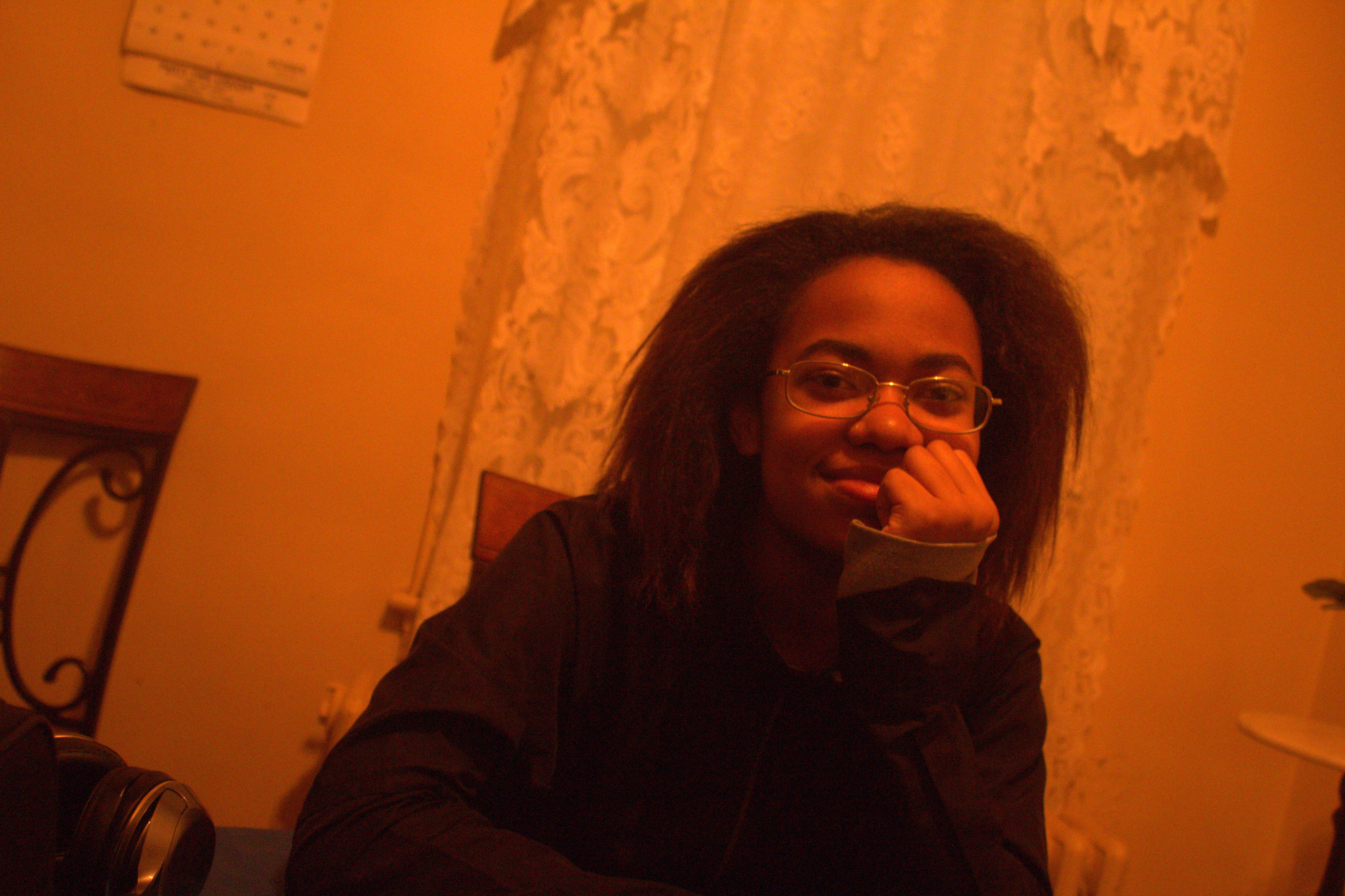By Brionna Wiggins
Earlier this year I had no idea about female genital cutting (FGC). None whatsoever. I mean, events happen all the time around the world and I’m not aware of the dozens of happenings that occur day-to-day. But for FGC to go on without so much as a whisper of this harmful practice, I thought was rather strange.
I learned about FGC when I was given an assignment during my junior year in high school. It was a Pre-Senior Project, which was essentially a practice before our year-long project we had to do for our final year of high school. Ideally, we were to choose a topic that pertained to our passions or a problem related to us on some level. I was at a loss for what to choose. Everyone around me jotted down several potential ideas, but my ideas were comparatively vague. By day two or so, I sat with my teacher to make a final decision. My teacher wrenched out my distaste for injustice and helped me narrow the target of people who undergo it. She typed online in the search bar something along the lines of “issues involving women and children” and there it popped up–female genital cutting.
I was appalled when I first learned about it. To reiterate, I had no idea this tradition existed and I wondered how it continued to go on. Why did women and men subject their daughters to this? What was the appeal? I dug deeper, finding out the reasons behind FGC. In some communities, while the intention was to keep daughters clean or marriageable, it was done at the cost of carrying out a potentially traumatic procedure that could leave the woman or girl with a handful of health issues afterward.
However, the concept of cultural relativism impeded criticism and questioning, while justifying the tradition. The idea that because one has not lived in a certain community or society, they can’t truly pass judgment on the cultural practices of others. Two people living in two different places across the world from each other naturally grow up with different experiences. Who is to say that another’s culture and traditional practices are objectively wrong? What is considered wrong when it comes to culture? Outsiders may feel as if they do not have a voice in regard to scrutinizing FGC because it’s an issue beyond their homes. Therefore, proponents of FGC claim that the divide or differences between two groups is too great to judge each other. Admittedly, I initially agreed with the notion of cultural relativism. Who was I to criticize people who carry out FGC in their communities when I knew nothing of their lives? Even so, remaining in place and staying quiet, doesn’t sit well with me, especially if I could be a person who brings awareness to FGC being a human rights violation. The excuse of cultural relativism shouldn’t be used when people are being harmed.
I continued researching FGC for my project the next school year, my senior year in high school. This time, the project had to be more extensive, including a longer research paper, another presentation, and some sort of final product. This ranges from documentaries to creating design plans. With all this work I was doing, I thought maybe I could make some sort of difference. I needed a mentor for guidance, one who is an expert on the topic. I sent out an email or two before finding Mariya, a co-founder of Sahiyo. The organization specializes in advocacy regarding FGC, even working with affected communities to diminish the practice. By sharing the stories of women involved with FGC, a wider audience becomes aware of the issue with a deeper understanding. With the combined efforts of multiple organizations and people from different walks of life, the perception of practicing communities will change. Then, I believe, FGC will become part of the past.
Over the course of my project, I hope to improve my advocacy skills and fully understand the issue that I’ve been invested in for the past couple of months. So far, researching FGC and looking into multiple perspectives has encouraged me to consider my own views on the topic. By the end, I will have figured out my ethical priorities. For the rest of my blog posts, I want to look into a handful of countries where FGC is practiced and talk about the circumstances around them. Until next time!
More on Brionna:
 Brionna is currently a high school senior in the District of Columbia. She likes drawing, helping others, and being able to contribute to great causes.
Brionna is currently a high school senior in the District of Columbia. She likes drawing, helping others, and being able to contribute to great causes.
